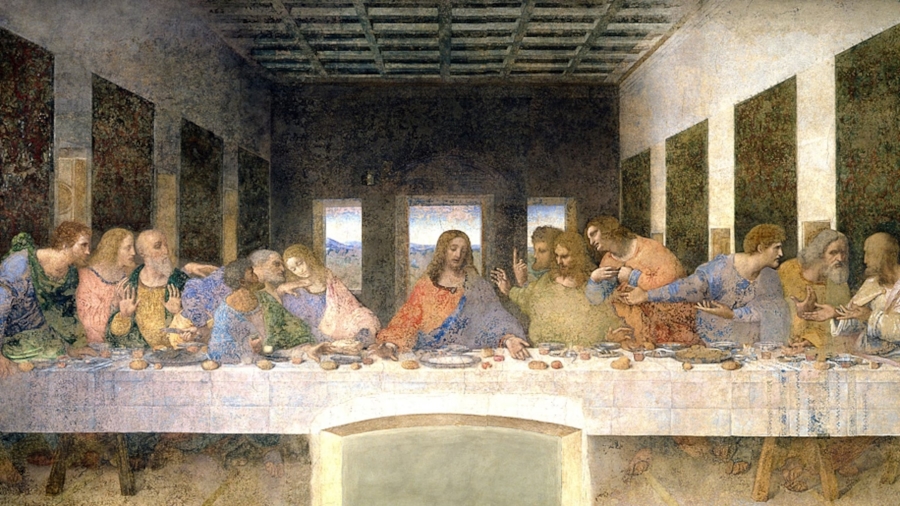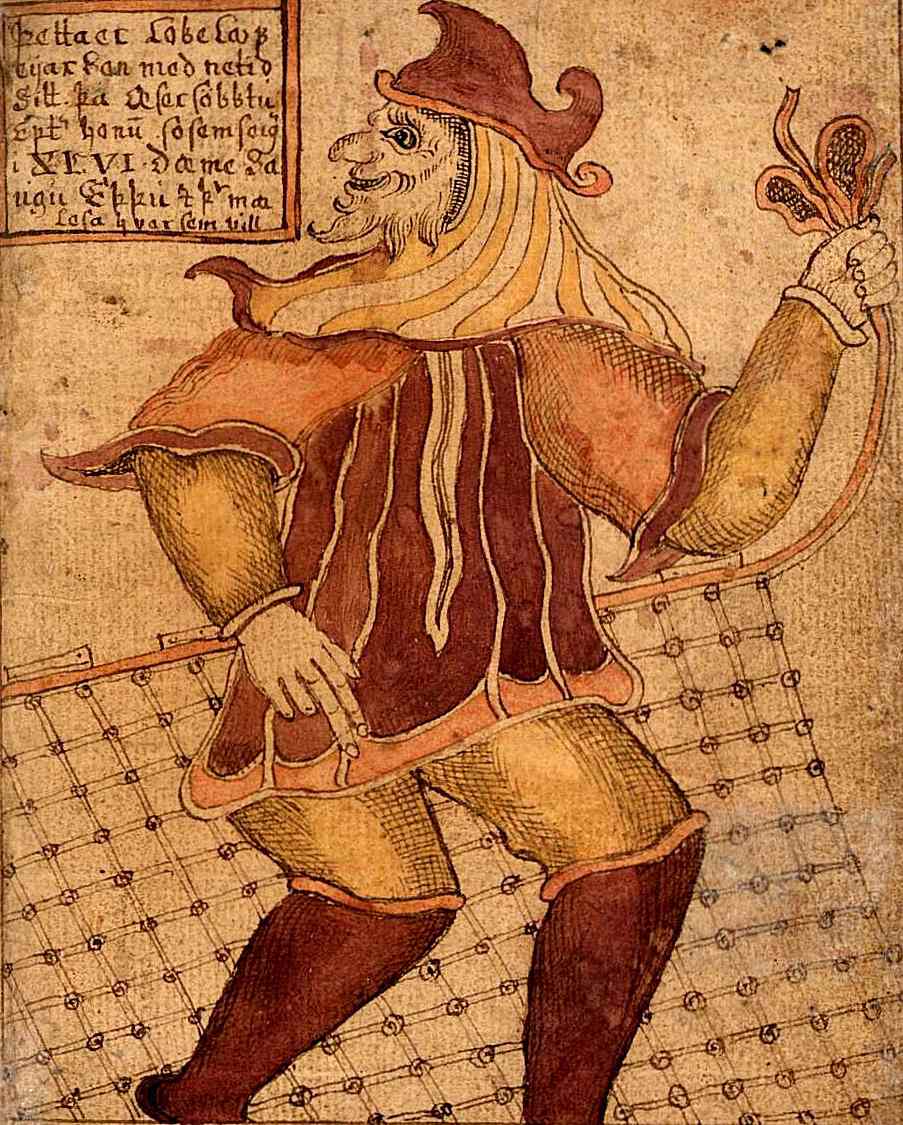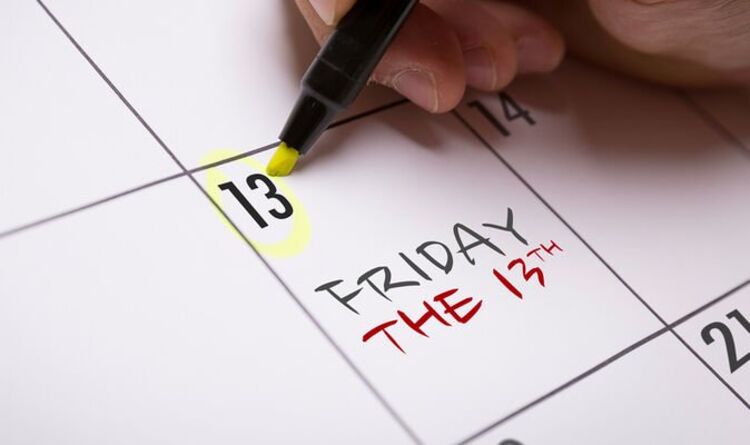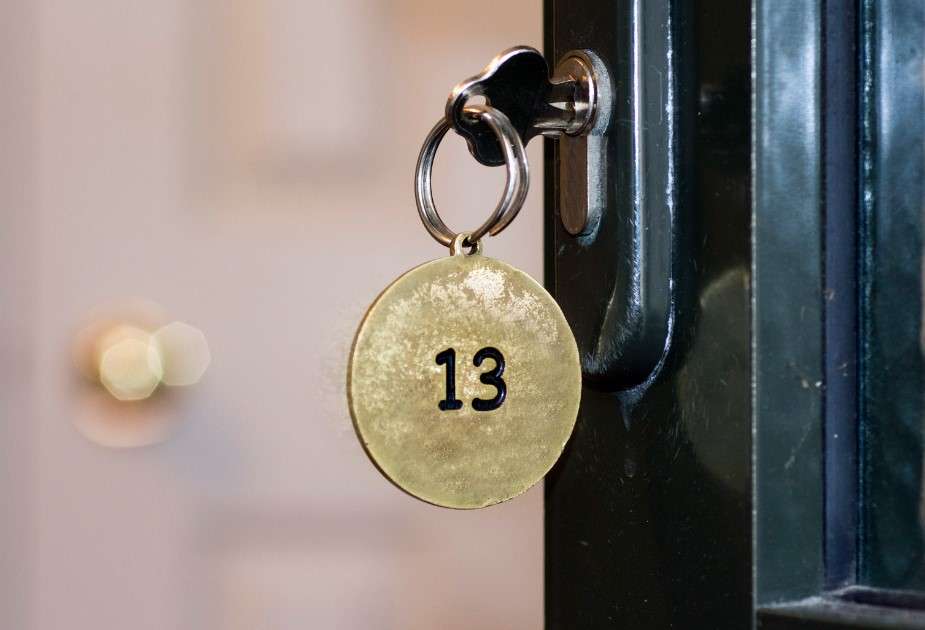via Amazon Prime
Friday the 13th has long been a day shrouded in superstition and intrigue. But where did this association with bad luck come from? The thirteenth day of the month falling on a Friday has captured imaginations and fears across cultures and centuries. Beyond the successful horror franchise of Friday the 13th, there is something more ominous about the day worldwide! Since today happens to be Friday the 13th, let’s uncover those ancient myths and modern superstitions of Friday the 13th.
History and Christian Tradition:

via National Geographic
One common explanation for the superstition surrounding Friday the 13th is its association with Christian beliefs. In Christian tradition, people consider Friday an unlucky day because it is the day of Christ’s crucifixion, according to some sources. Additionally, the number 13 has been viewed as unlucky due to its association with the Last Supper, where Judas Iscariot, the betrayer of Jesus, was the 13th guest.

vis Medium
Another historical event linked to Friday the 13th is the arrest of the Knights Templar. The Knights Templar is a group of soldiers of Christ and of the Temple of Solomon. It was a French military order of the Catholic faith and one of the wealthiest and most popular military orders in Western Christianity. On Friday, October 13, 1307, King Philip IV of France ordered the arrest of the Knights Templar, leading to their torture and execution. Although the superstition predates this event, it is one of the reasons behind the ominousness of Friday the 13th.
Norse Mythology:

via The Norse Gods
In Norse mythology, there is a myth involving Loki, the trickster god, who was the 13th guest at a banquet in Valhalla. His presence led to chaos and the death of Balder, a beloved god. This story contributes to the belief that having 13 people at a table is unlucky.
Negative vs Positive Views on Number 13 in Numerology:

In numerology, the number 12 is a symbol of completeness and harmony (e.g., 12 months in a year, 12 zodiac signs, and 12 hours on a clock). The number 13 is exactly beyond 12 and it is why the number 13 breaks from this completeness. It contributes to its perception as irregular or challenging.

via Learn Italian Pod
In contrast, some cultures have positive associations with the number 13. For instance, in Italian culture, 13 is considered a lucky number, linked to prosperity and success. Different numerological beliefs and cultural contexts attribute this positive perception to 13, seeing it as a number of transformation and growth.
Modern Interpretations and Commercial Influence:

In modern times, the world has popularised and commercialised Friday the 13th through movies, books, media and pop culture. Surely, it often perpetuates the myth and turns it into an opportunity for themed events and marketing.





